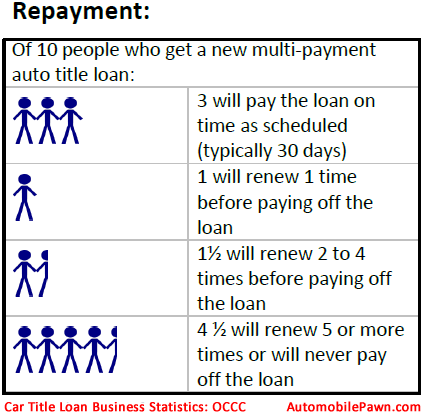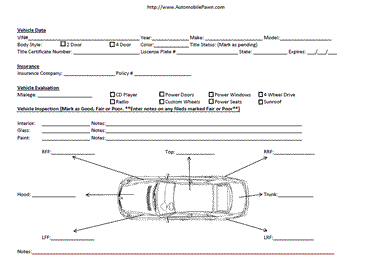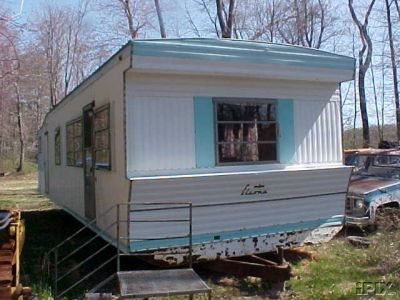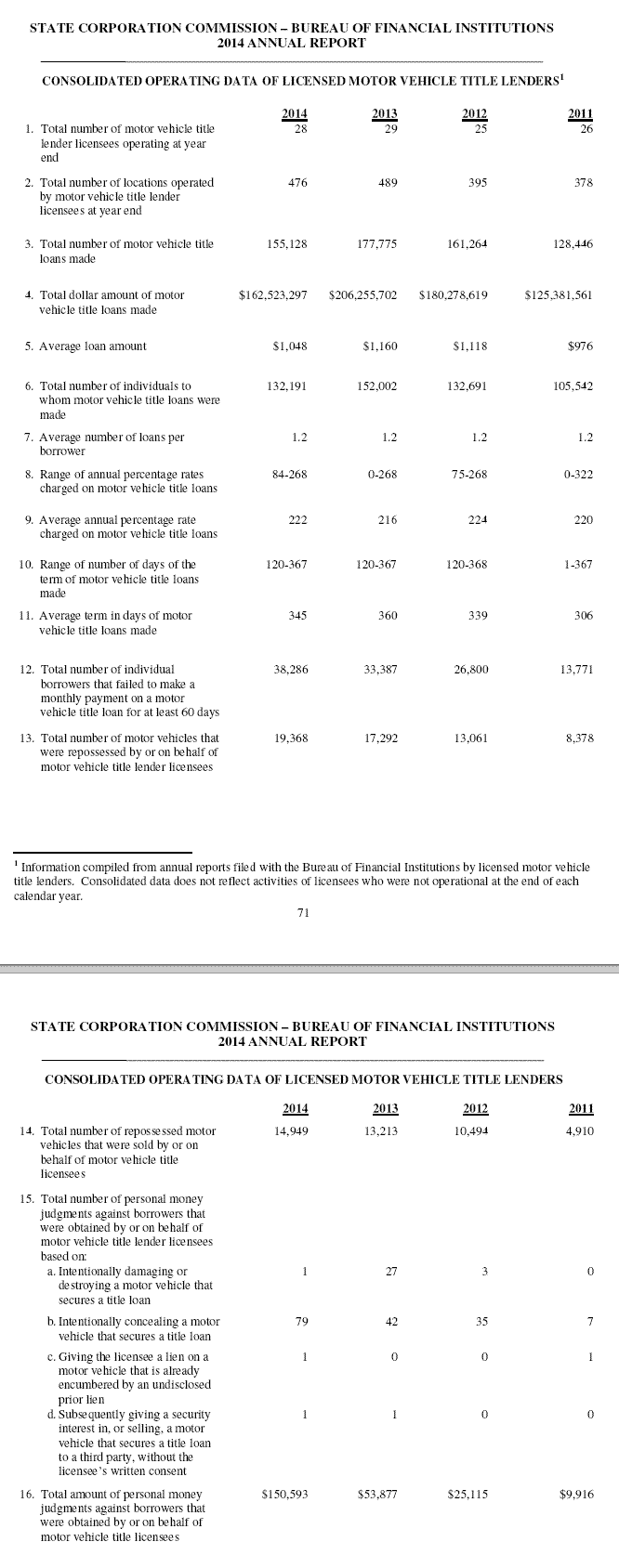Fast, cheap website content!
Need good 500 word payday loan and title loan articles for $5.00? NeedArticles
As lenders and and website owners, we all have the same challenge:
How Do I Create Good Content for My Website?
- I need it Fast.
- I need good content Regularly
- I don’t have Time
- I need it Cheap
Read on for the solution to your website content problem…
So… Google blew up their PPC [pay-per-click] program that all the “big boys” depended on to drive borrowers to their websites. No biggie! For the average payday loan or car title lender, Google’s PPC program has been too expensive for us to play-in anyway.
- Clicks we’re in the $12 – $15+ range. And, you’re lucky to convert 5 clicks out of 100 into a funded loan!
- The sponsored payday loan and car title loan search results on the right-hand side of Google’s search results page were removed. That only leaves 4 at the top of the search results.
- Payday loan and title loans exceeding 36% APR’s cannot participate in Google’s PPC program any longer.
- Local results predominate and
- You better have a moble/reponsive website to even come close to Page 2 or 3 of Google much less page 1.
Creating websites and posting regular content is a proven method for succeeding with Google and Bing’s search engines. The challenge is to consistently Post content. Few small lenders have the time or the ability to write decent 300-500 word content in the form of Posts/Content weekly.
Who on your Team has the time, much less the ability, to WRITE? Nobody.
The answer? I found a company that writes 500 word Blog Posts for $5.00 each!
At first, I was incredulous. I had to test these guys.
I expected some 3rd world English “writer” to scrape together a real SH*&^%TY “payday loan focused article that was “scraped” from a legitamate website. But no, I checked the test [see below] payday loan article I paid for on Copyscape and, SURPRISINGLY, found zero issues.
NOW! Consider this. Study the payday loan article I paid $5 for as it’s presented below. Then, think about how you could “spin” it for your use. For example:
- Every time you read “payday loan” substitute “car title loan.”
- Add YOUR city into the copy.
- Add YOUR zip code into the copy.
- Substitute the word “payday loan” with whatever business you’re in.
In other words, have Need Articles create 5, 10 or more articles for you and “spin” them for your specific circumstance and business.
You offer payday loans? Perfect. Car title loans? Payday loan software? Title loan software? ACH services? Sub-prime consumer data base reporting? Gold buying? Consulting…
ANYTHING! Whatever businesses your in!! These guys write good stuff CHEAP!
Get some content written by NeedArticles and start adding this targeted content to your website regularly. This is called “SEO” and it works! Just fine tune it for your zip, city, State, business… to get ranked in Bing, Google, DuckDuckGo, etc.
OK, here’s the actual custom article NeedArticles wrote for $5.00 for me:
**************************************************
Why You Should Consider A Payday Loan
Do you need more money quickly? If you’re strapped for cash and don’t know where to get it, you should look into getting a payday loan. Also known as a cash advance, this type of loan provides you with an advance on your next paycheck.
Here are a few reasons a payday advance might be a good fit for you:
- You’ll Be Able To Get Cash Quickly
If you try to get a loan through a bank, you might not get a response right away. In addition, if your credit isn’t in perfect shape, you might not be approved for the loan at all.
As long as you have a regular job, you should be able to get a salary loan without an issue. In addition, you’ll be able to get the cash you need immediately. In fact, in many cases, people are able to get the money they need within 24 hours of applying for the loan.
- You Can Avoid Hefty Fees
Not being able to pay bills or your rent on time can really cost you. You could get stuck with costly re-connection fees, overdraft charges, or other expenses. If you’re way behind, you could even wind up losing your car or getting evicted from your home.
Thankfully, a short-term loan can allow you to pay all of your expenses when you need to. You’ll be able to avoid fees and other types of issues. You’ll be able to avoid falling into a financial sinkhole.
- You Can Work Out A Reasonable Repayment Plan
When you get a cash advance, you won’t have to pay back the money immediately. In most cases, lenders will work with you and come up with a payment plan that compliments your pay schedule.
You’ll be able to get the money you need, and then have plenty of time to pay it back. You could pay back the loan in a few weeks, or in a few months. Most lenders will be more than willing to work with you.
- You Can Do Everything Online
You don’t have to find a lender in your area in order to get the money you need. In many cases, you will be able to apply for the money you need online. From there, you’ll be able to get approved in minutes.
There are all kinds of payday lenders out there. Take a look at some of the options available to you. Whether you stop by a place in your city, or work with an online lender, you’ll be able to get all of the money that you need.
If you are in a bad financial situation, you will need to take steps to fix it. A payday loan will let you get the cash you need, even if your credit is in bad shape. This kind of loan is unsecured, and it’s very easy to get approved.
If you need money, make sure you’ve looked at all of your options! Take a closer look at short-term loans.
**********************************************
Not bad, eh? 510 words for $5.00.
Do you understand how this could easily be “spun” to help your business? And for $50, you can get 10 of these!
I placed my order with Need Articles and 6 hours later THEY WERE DONE WITH MY CUSTOM PIECE!
I retrieved my completed $5.00 article via email in Word format, uploaded it to my Blog and voila; great content for the search engines for a pittance.
My strategy? 2-3 of these week in and week out. With time, and by adding targeted keyword phrases like my company name, zip code, city, State… I’ll beat out my lender competitors because they’re all too busy to enen try to beat me in the search engines!
Get your articles written here: NeedArticles
 Basically, car title loan borrowers repayment schedules breakdown like this:
Basically, car title loan borrowers repayment schedules breakdown like this:





